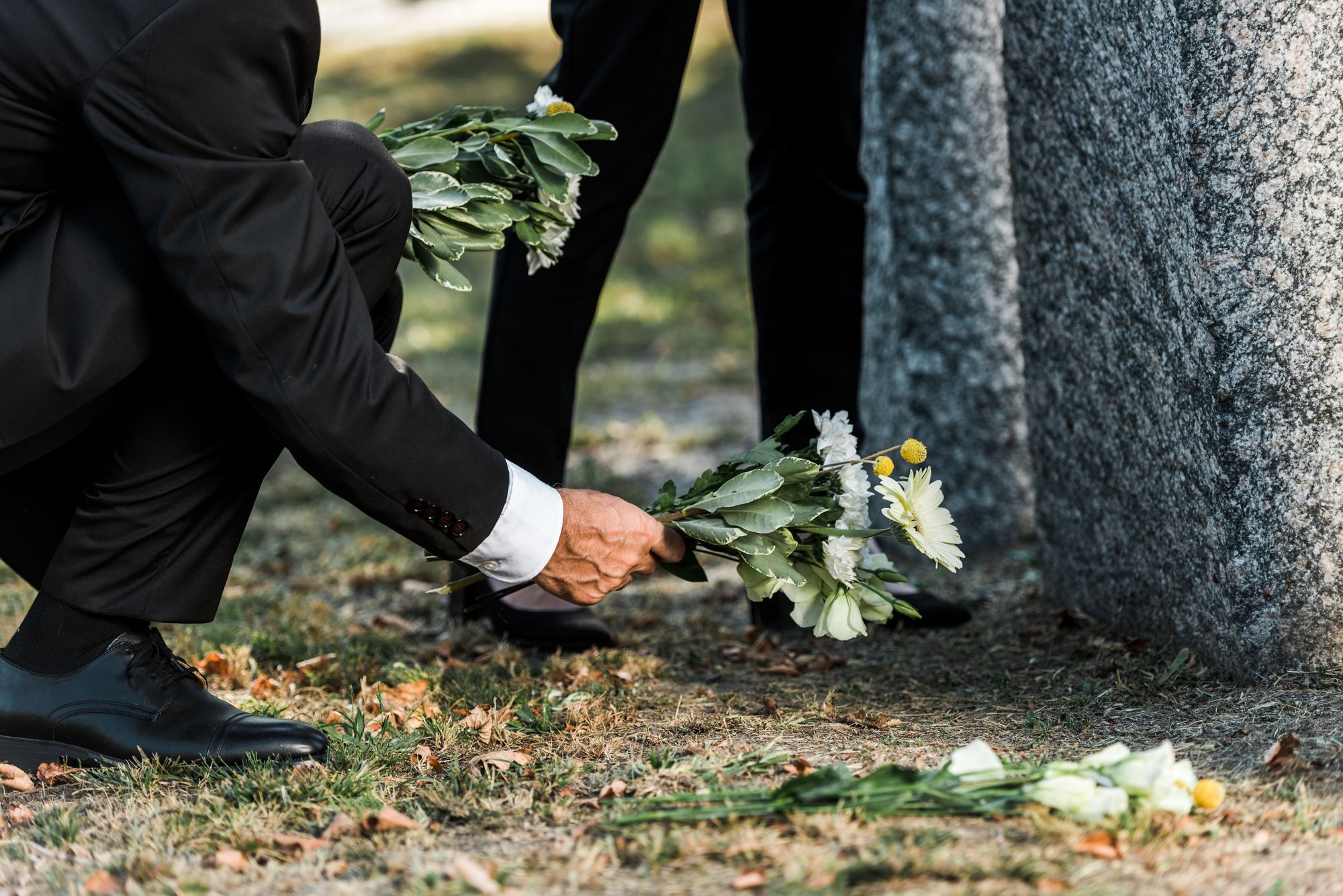
4.8 Average on Google


Spartanburg Wrongful Death Lawyer
Key Takeaways:
- In South Carolina, a wrongful death claim arises when negligence causes a fatal injury, allowing family members to pursue compensation.
- Wrongful death lawsuits are civil actions and differ from criminal homicide cases, though the two can sometimes overlap.
- Families may recover damages such as medical bills, funeral expenses, lost income, and loss of companionship, but they must file within three years of the death.
At HawkLaw, P.A., we know that no amount of money can make up for the loss of a loved one. What we can do is fight to hold negligent parties accountable and secure the financial support your family needs to move forward. Our Spartanburg wrongful death lawyers stand ready to pursue justice and protect your rights during one of the most difficult times of your life.
When someone dies unexpectedly, the resulting grief can overwhelm you. Yet grief is not the only challenge you face these days after a loss.
You also may have medical bills, funeral expenses, lost wages, and other expenses. While any unexpected death feels wrong, sometimes they fall under personal injury law as a wrongful death.
If your loved one’s death qualifies as a wrongful death case, then you may have the right to compensation under South Carolina’s personal injury laws. Contact HawkLaw today for a consultation of your South Carolina wrongful death case.*
What Does South Carolina State Law Define as a Wrongful Death?
Under South Carolina state law, wrongful death is a fatality that occurs from someone else’s negligence. In other words, if your loved one died due to the negligent act of another, you may have grounds for a wrongful death lawsuit.
Another way to look at this is to compare it to a personal injury case. If the same circumstances occurred and your loved one did not die, would they be eligible to file a personal injury lawsuit? If the answer is yes, then the case likely qualifies as a wrongful death case.
Remember, wrongful death lawsuits are a type of personal injury case, but the difference is that the victim has died. Thus, the victim’s family files the case, not the victim. For this reason, if you feel you have a wrongful death claim, you will partner with a personal injury lawyer to handle the case.
Is a Wrongful Death Claim the Same as a Criminal Homicide Case?
No, though both homicide and wrongful death cases cover someone who has died, they are not the same. Knowing which type of case you have, and if there is any overlap, is vital in getting the proper representation in the days ahead. Homicide cases and wrongful death cases differ in a couple of distinct ways.
Burden of Proof
In a homicide, the burden of proof is determining that the defendant is guilty, beyond a reasonable doubt, of the act of intentional murder.
This type of proof is not necessary for a wrongful death lawsuit. With a wrongful death case, all you have to prove is that negligence led to the death.
Damages
Another way that these two types of cases differ is in the types of damages you can claim. In a wrongful death, you will seek a number of types of damages, but they usually relate to losses sustained. These damages might include:
- Lost wages
- Loss of companionship
- Medical bills and medical expenses
- Funeral costs
- Emotional distress
In a criminal homicide case, you may also be pressing for jail time and punitive damages.
Overlap Between Cases
Sometimes, a case involving someone’s death can be both a wrongful death claim and a homicide case. In these cases, your wrongful death attorney will handle just the wrongful death part of the case. The other party will have a criminal defense team focusing on their defense, and your personal injury team will not interact with them. The criminal case is handled separately from the civil proceedings of the wrongful death lawsuit.
Because there is potential overlap between homicide and wrongful death cases, consulting with both a criminal lawyer and a personal injury lawyer after an unexpected death is helpful. Having two consultations, especially if you suspect foul play, will ensure you get all of the compensation you deserve.
What Are Some Common Causes of Wrongful Death?
Any time someone is guilty of negligence, and that negligence leads to the death of someone else, that person’s family may have the right to file a wrongful death claim. However, certain circumstances are more commonly associated with these claims than others.
According to the South Carolina Department of Public Health, between 2019 and 2023, the leading causes of death included:
- Motor Vehicle Accidents – 5,441 fatalities
- Slip and Falls – 3,554 fatalities
- Acts of Violence – 7,133 fatalities
- Unintentional Injuries – 1,142 fatalities
Regardless of the cause, whether the accident occurred on the road, at work, or somewhere else, if you have lost a loved one and suspect that negligence led to the death, you can count on HawkLaw to help you get to the bottom of the case.
Is There a Statute of Limitations on Wrongful Deaths?
Yes, in the state of South Carolina, you have just three years from the date of your loved one’s death to file a wrongful death claim in most cases. There are often delays from insurance companies and local officials that can make filing your claim challenging. If you miss the statute of limitations window, you could end up without the ability to file your lawsuit. Seeking legal services as quickly as possible after the death of a family member is vital.
Our firm is happy to offer an initial consultation* to see if your case qualifies as a wrongful death. We recommend reaching out as quickly as possible to our personal injury attorneys, so you can get your claim filed within this time frame if you qualify. With a consultation from our law firm, you can get the advice you need to move forward with your legal claim quickly, so you can get the compensation you deserve.
While no amount of compensation can replace your lost loved one, the aftermath of a wrongful death has a lot of costs and expenses. Our wrongful death lawyers believe that the right legal advice can protect you in these challenging days and ensure you can get the financial help you need to start rebuilding your life after a devastating loss.
HawkLaw represents clients throughout the State of South Carolina on personal injury cases. This representation extends to those who have lost a loved one in a wrongful death case. If you are dealing with the devastation of a loss, our compassionate lawyers are here to provide support and guidance in the days ahead.
Contact a Spartanburg Wrongful Death Lawyer
HawkLaw is ready to serve you and help with your South Carolina wrongful death case. We proudly serve Spartanburg County, including Greenville, Spartanburg, and Anderson, and can help you know the next steps to take to protect your rights in the days ahead.
If you are seeking to file a wrongful death or another type of injury claim, you should contact HawkLaw for an initial consultation. We have a team of Spartanburg personal injury lawyers who are well-versed in the legal issues surrounding wrongful death cases. Use our contact form to get in touch with our legal team and to request a case evaluation.
Disclaimer: This guide is for informational purposes only. It does not represent any type of attorney-client relationship and is not a substitute for legal advice for your personal injury claim.
We know nothing can replace a loved one, but a wrongful death settlement can help your family find the financial means to move forward. The experienced Spartanburg wrongful death lawyers at HawkLaw are standing by ready to help you through this difficult time. Should you have more questions or want to schedule a free initial consultation to discuss your case, please contact us in Spartanburg today! (864) 574-8801
Our address is: 5506 Reidville Rd., Moore, SC 29369. We are conveniently located on Reidville Rd. between the intersections of Hollifield Ln. and Plateau St.
Click here for directions.
Visit Our Office
Moore, SC 29369
John Hawkins is the Founder and CEO of HawkLaw He has been licensed to practice law in South Carolina since his graduation with honors in 1994 from the University of South Carolina School of Law, where he was on the Law Review and Order of Wig and Robe.
-
$3,000,000*
Trucking Accident Settlement
-
$1,005,000*
Car Accident Settlement
-
$575,000*
Personal Injury Settlement
"*" indicates required fields

